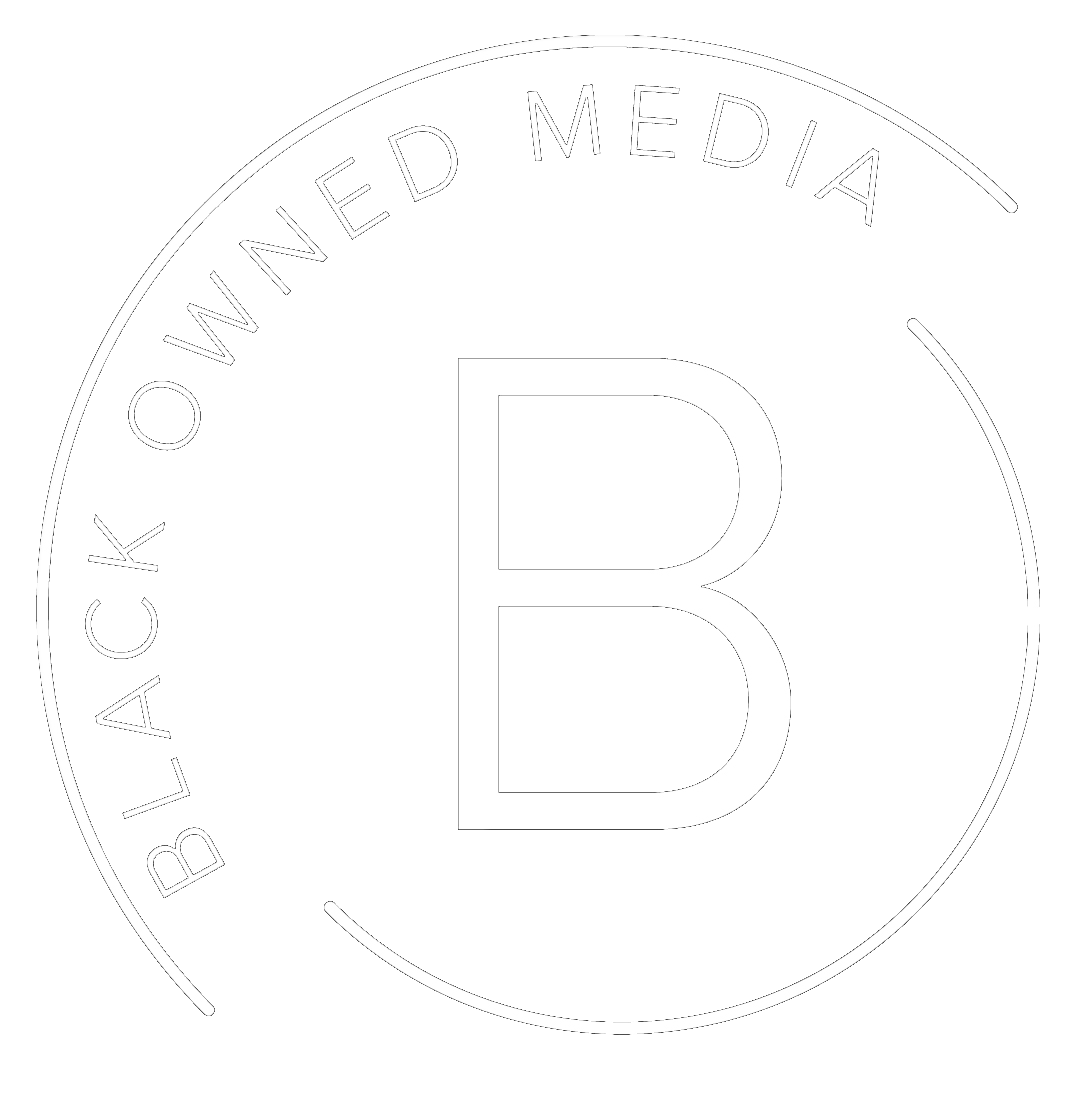I still remember the day when my wife received a chain email saying that Facebook was making a policy change that would invade users’ privacy. My wife, in a rage, shared the email with as many people as possible. Then a friend sent back a response that literally changed our lives. “Are you sure it’s true? Did you check?” Well, she hadn’t and she already forwarded it to her whole email list. When we did the research we found out it was a hoax; a well-known email chain letter that was circulating. This was a life changing moment.
This is also how we relate to the media. How many of us take in what we read, see and hear in the media without verifying if the information being provided is true? How many of us then go to the next step and form opinions around that information?
A major example is celebrity gossip. Many of us believe or spread the latest gossip about the Kardashians or the Royals without verifying if it’s factual.
This affects how we see individuals, cities and brands. I was recently asked to download a messaging app to communicate with a team I volunteer with. They quickly apologized because there was no app available for my trusty Blackberry. I responded that Blackberrys could run Android apps so it was okay. The shock on people’s faces; they never knew Blackberrys could do that. Aren’t they about to shut down? No, they actually made a net profit this past quarter for the first time in years. Isn’t Blackberry synonymous with out-of-date technology? Actually, if you do the research they’re one of the more innovative companies among their peers. Most people don’t know that 50 million cars around the world run on Blackberry software. Both Google and Apple are getting into the car space, but both of their offerings, Android Auto and Apple CarPlay, run on top of Blackberry software. Some media reports don’t mention that. Blackberry creating a certificate service that will allow devices like home appliances, smart meters, medical instruments and cars to connect to the internet isn’t as sexy as Apple watches so it’s not reported in mainstream media. Unless you take the time to sift through financials, reports by industry experts, and blogs and news websites showing the facts and varying outlooks, it’s hard to come to a well-informed opinion. In fact, being well-informed is a full-time job.
We live in an age where information is coming at us quickly from all angles- social media, email, newspapers, radio, family and friends, blogs and news websites like ours. This kind of fast culture makes it difficult to be well-informed and form sound opinions. Why is this important? Because information affects our opinions, which in turn affect our decision-making. Most people won’t care, but for influencers being informed is essential. There’s a reason why a judge takes in all the facts, evidence and testimony and deliberates before coming to a conclusion; it’s because their decisions affect lives.
This was one of our objectives in starting SHIFT Magazine. We didn’t want to tell you what to think; we wanted to teach you how to think and come to your own conclusions.
The world isn’t shaped by people who simply consume information; it’s shaped by those who provide information and those who use this information to make decisions that affect the way we live. Information provider, information consumer and decision-maker. We will all find ourselves somewhere on this spectrum, but no matter what, all three have to learn how to place a higher value on truth in a fast and furious culture.
________________________________
Kevin Bourne, Editor, SHIFT Magazine
@kevinrbourne




